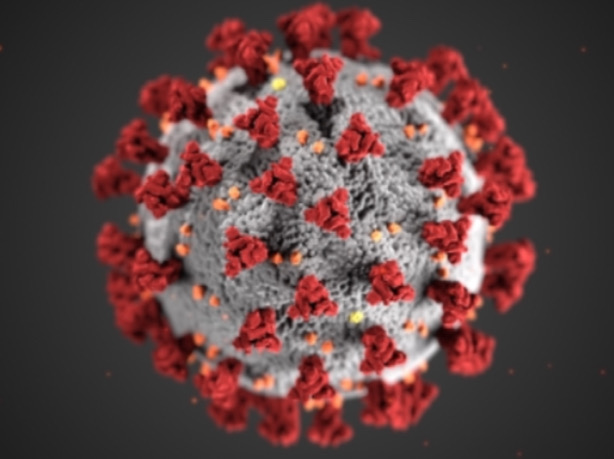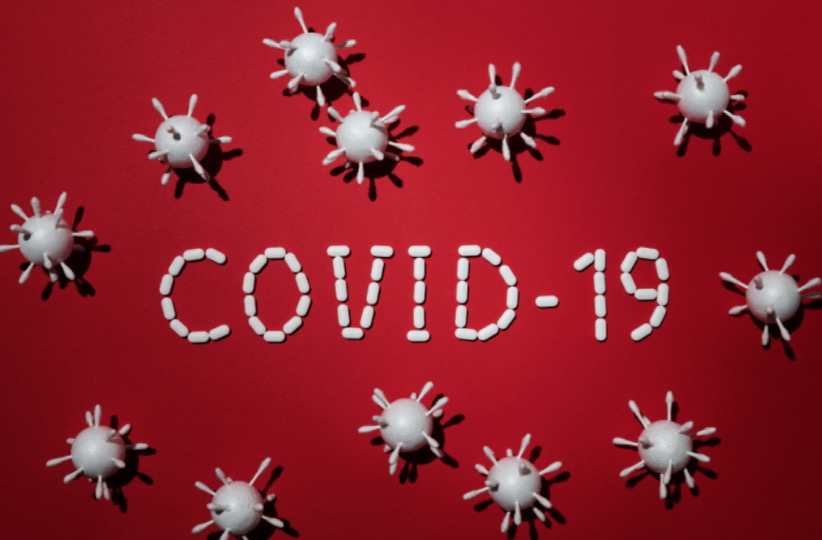5 COVID-19 Variants: Fast Facts and How to Protect Yourself

SHARE
The Philippines is no stranger to the COVID-19 variants first reported in the United Kingdom, South Africa, India, and Brazil.

Cases of Alpha, Beta, Gamma, and Delta variants have been reported in the country, triggering localized lockdowns and thorough contact tracing in several areas of concern.

Here’s what you have to know about the COVID-19 variants with logged cases in the country.
COVID-19 Variants: Fast Facts
1. Alpha Variant (B.1.1.7)
According to the US Centers for Disease Control and Prevention (CDC), this variant is associated with increased virus transmissibility and has had “a large number of mutations.
The Alpha variant or B.1.1.7 SARS-CoV-2 first emerged in the United Kingdom in September 2020.
In the Philippines, it was first detected in January 2021 in a Filipino who returned home from the United Arab Emirates (UAE).
2. Beta Variant (B.1.351)
The US CDC said that the Beta variant also has multiple mutations in the spike protein.
Its first detection was in Nelson, Mandela Bay, South Africa, in October 2020.
The Philippines’ Health Department announced the first six cases of this variant in March 2021. Two of these cases are returning overseas Filipinos from UAE and Qatar.
3. Gamma Variant (P.1)
Japan’s National Institute of Infectious Diseases first publicly reported the P.1 or the Gamma variant.
According to the CDC, evidence shows that some of this variant’s mutation may affect virus transmissibility and the ability of antibodies from a previous infection.
In March, the Department of Health announced that samples of an OFW who returned from Brazil contained this variant.
4. Theta Variant (P.3)
The Theta variant or P.3 is believed to contain a “unique set of mutations.” While it was first identified in the Philippines, health officials refuse to label it as the Philippine variant.
The World Health Organization also downgraded its classification from variant of interest (VOI) to an “alert for further monitoring” on July 6.
As of July 16, there have been 221 Theta variant cases recorded in the Philippines.
5. Delta Variant (B.1.617.2)
The Delta variant causes a significant concern as it is a highly contagious strain. Due to its increased transmissibility, experts say that this strain will “accelerate the pandemic.”
The Delta variant was first identified in India in December 2020, sweeping rapidly through the country and Great Britain.
The much-feared variant has already entered the Philippines. DOH reported 16 new cases on Friday, July 16. Of this number, one died, while the 15 others were tagged as recovered.
Are vaccines effective for all COVID-19 variants?
According to an explainer released by the World Health Organization (WHO), while vaccines can help prevent most people from getting sick with COVID-19, they cannot protect everyone.
WHO said vaccines don’t provide a hundred percent protection, and there’s a chance for “breakthrough infections” to occur. While this is the case, WHO added that vaccinated people are less likely to “experience severe illness or die.”
WHO also said that the vaccines “are proving effective against existing variants, especially at preventing severe disease, hospitalization, and death.”
Some variants, however, have a minor impact on the vaccines’ ability to protect people against mild infection and disease.
Protecting Yourself and Your Loved Ones Against COVID-19 Variants
As WHO continues to monitor developments, the organization advises the public to apply tried-and-tested public health measures.

Local health officials are also reminding the public to continue practicing the following:
- Wash your hands often. Use soap and water when cleaning your hands or an alcohol-based hand rub.
- Always wear a face mask, particularly in areas where physical distancing is not feasible.
- Keep a safe distance from people, especially from anyone who is sneezing or coughing.
- Refrain from touching your eyes, nose, and mouth.
- If you feel the urge to sneeze or cough, cover your nose and mouth with a tissue or your bent elbow.
- Stay home if you’re not feeling well.
- Seek medical attention if you have a cough, fever, and difficulty breathing.
WHO said that new dangerous and more transmissible COVID-19 variants are more likely to emerge. The organization warns that these variants “can spread more easily or cause more severe illness.”
WHO, however, assures that it will update its guidance as they find out more. If you or your loved one experiences any severe symptoms, seek medical attention immediately.
*Cover Photo/Thumbnail Photo from Pexels
RELATED ARTICLES

Biblical Guidance for Maintaining a Healthy Body

What Does the Tree of Life Represent?

Assurance Through the Promises of Salvation

Discover 5 of Israel’s Most Revered Holy Places








